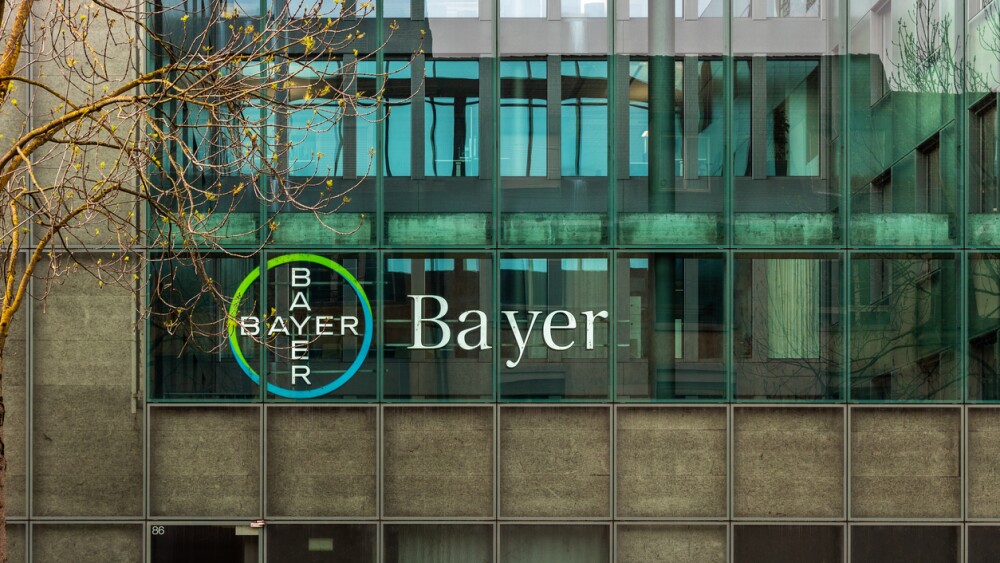For $1.3 billion in aggregate—including upfront and milestone payments—Bayer will get exclusive global access to Kumquat Biosciences’ small-molecule KRAS G12D blocker.
Bayer is putting up to $1.3 billion on the line to partner with San Diego–based Kumquat Biosciences and advance its KRAS G12D inhibitor for a variety of oncology targets.
The companies did not reveal a specific financial breakdown for the transaction, only noting that the $1.3 billion sum encompasses an upfront commitment plus clinical and commercial milestones down the line. Kumquat will also be eligible for tiered royalties on net sales of the cancer drug if it reaches the market, according to the announcement Tuesday.
For its investment, Bayer will gain exclusive rights over Kumquat’s investigational KRAS G12D inhibitor, which last month won the FDA’s blessing to start clinical studies. Kumquat will be responsible for seeing the drug through Phase Ia development. Bayer will be in charge of completing the molecule’s clinical development from there and for running its regulatory and market activities.
As per the terms of Tuesday’s pact, Kumquat will also have the option to negotiate with Bayer for a profit-loss sharing arrangement in the U.S.
In a prepared statement, Juergen Eckhardt, head of Business Development and Licensing at Bayer’s Pharmaceuticals Division, said that the partnership with Kumquat will not only allow the pharma to “explore . . . a potential new treatment option” for patients with cancer but also give it a precision asset that complements its own oncology portfolio.
Bayer’s oncology activities are anchored by the androgen receptor blocker Nubeqa, which was first approved in 2019 for non-metastatic castration-resistant prostate cancer. The drug picked up another indication in June this year for metastatic castration-sensitive prostate cancer with or without chemotherapy. Bayer is also working on sevabertinib, which is currently under the FDA’s priority review for HER2-mutant non-small cell lung cancer.
With Kumquat, Bayer plays catch-up to Revolution Medicines, which is also targeting KRAS G12D with its drug candidate zoldonrasib. Phase I data released in April demonstrated “preliminary tumor activity,” the biotech noted at the time, with an objective response rate of 61% in 18 evaluable patients. Last week, Revolution revealed plans to take zoldonrasib into pivotal development next year.
For Kumquat, Bayer is its third powerhouse partner. In July 2021, the biotech linked up with Eli Lilly’s Loxo Oncology in a partnership to develop small molecule cancer drugs. That deal entailed a $70 million upfront payment from Lilly and milestones of up to $2 billion. In April 2024, Kumquat received $130 million upfront from Takeda for one of its small molecule immuno-oncology inhibitors for an undisclosed oncology target. Takeda tacked on more than $1.2 billion in milestones.






